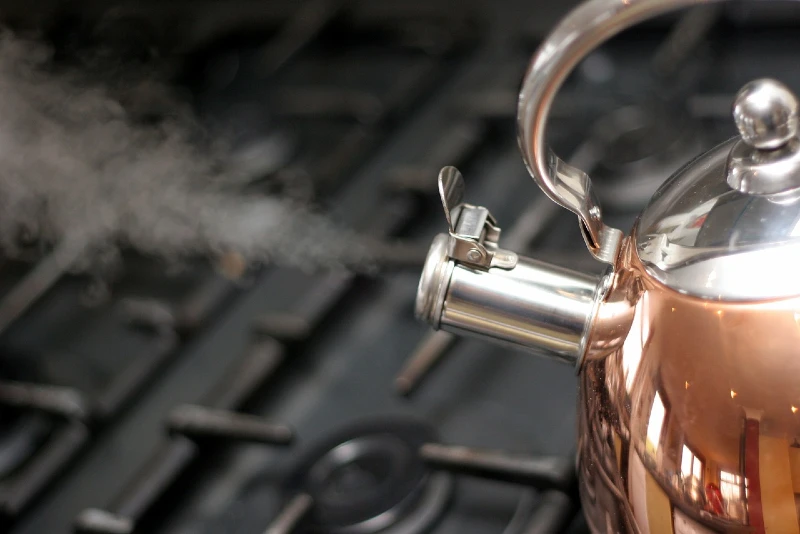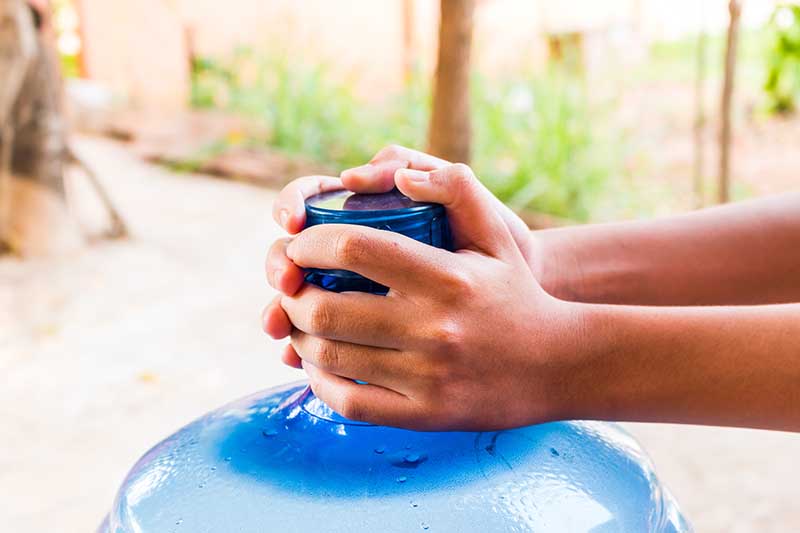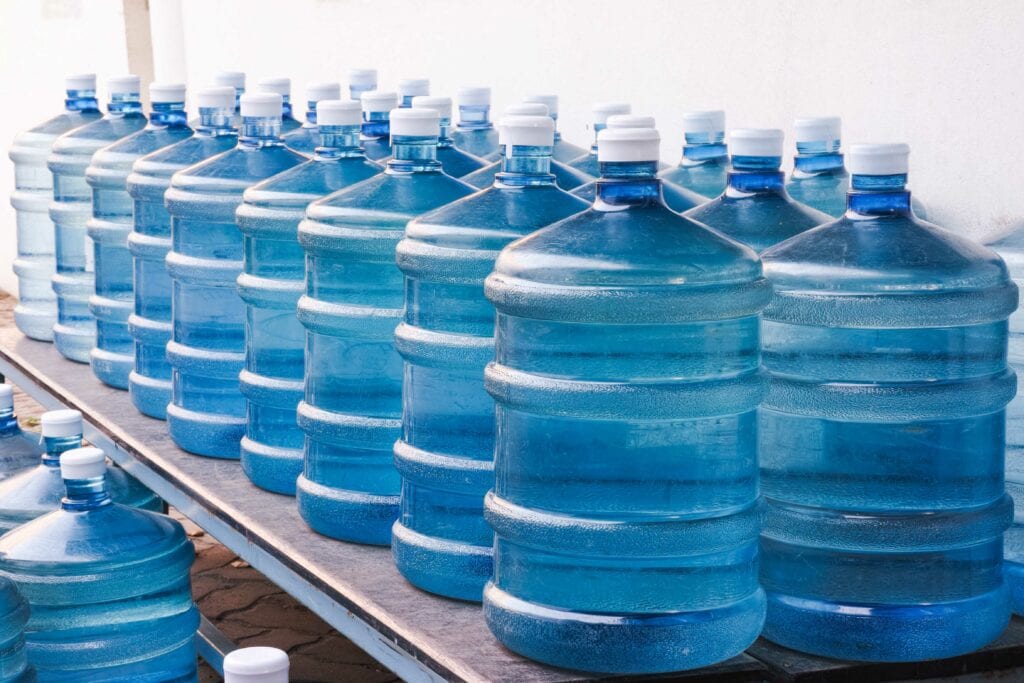How to Store Water Long Term: 9 Helpful Tips to Keep it Fresh
-
Pete Ortiz
- Last updated:

Many people feel like the world is in a precarious position. Threats to global security range from climate change to the threat of international war to natural disasters like hurricanes or blizzards. Whether you are looking to stock a personal shelter, store water for livestock during a drought, or keep clean, potable water on hand in case of an emergency, there are tips that you should consider to keep your water safe to drink for months at a time. Water is only good if it remains clean and potable for long periods. Contaminated water is worse than worthless. It can be dangerous.
Here are nine great tips on how to safely store water long term.
The 9 Tips on How to Store Water Long Term
1. Use Unbreakable Containers
Some people think that glass containers are safer than plastic containers, but that is not necessarily the case for the long-term storage of water. You do not want to store your water in breakable containers. If you make a mistake and knock your water over, you do not want the bottles to break and spill. Use food-grade plastics, acrylics, or silicon containers rather than glass or other breakables.
2. Use Pourable Containers
One mistake that people make is storing water in containers that are difficult to pour from. If you ever need to use your water, you want to be able to pour the water out into a cup. If you do not have a pourable container, you will have to ladle the water out. The CDC suggests sanitizing the ladle before putting it into your water to keep the water clean. Being able to pour the water out eliminates the need for clean spoons or ladles to retrieve the water.

3. Disinfect Your Water
If you plan on storing drinking water for a long period of time, you should consider disinfecting the water before storing it. This will ensure that the water is sterile and clean before it gets sealed up. You can boil your water for a quick and easy disinfecting method. You can also use disinfecting tablets, but those are more geared toward water that is potentially contaminated already. If you are using tap water, boiling the water will be more than enough to ensure that the water will be safe for the long haul.
4. Disinfect Your Containers Before Storing Water
You do not want to disinfect your water only to store it in a contaminated container. You should also disinfect your containers before storing water. You can use bleach to wash out the containers to kill any lingering bacteria that might be present. Make sure to properly dilute your bleach before using it and wash the solution out completely to keep the bleach from seeping into your water over time.

5. Seal Your Containers Tightly
After you’ve disinfected your water and your container, you can seal the water. Be sure to use sealable containers. Tighten the tops completely. Do not leave any tops ajar or partially unscrewed. Leaving the containers partially open can let in contaminants over time which can compromise the safety of the water.
6. Label Your Containers
Be sure to label your water visibly. You want people to know that it is drinking water, so they handle it properly. If you are storing water for other purposes, like for livestock or gardening, you still want to label it, so people don’t accidentally drink it. Labels are very important. You do not want people mistreating drinking water, and you don’t want people accidentally drinking non-potable water. Use large labels with contrasting colors. Use large letters and proper handwriting, so that the labels are easy to read at a glance.

7. Store in a Cool, Dark Place
You want to store your water in a cool, dark place. This can be a garage, shed, pantry, or cellar. You do not want to store your water in direct sunlight. You also do not want your water to alternate between hot and cold. Temperatures should range from 50 to 75 F. You do not want to let your water freeze, and you do not want to let it get too hot. Temperature swings can degrade the containers, which can potentially let contaminants into the water.
8. Avoid Hazardous Materials During Storage
You do not want to store your water near potentially hazardous materials. If you want to store your water in a shed or garage, you need to keep it away from things like gasoline, pesticides, and bleach. Labeling your water will help people keep the water safe in storage, but you do not want to risk having your water mingle with potentially dangerous materials. Water should be stored by itself or in its own separate area where it will stay safe and separate from harmful liquids.
9. Check Your Water Every Six Months
If you are storing drinking water, it should be replaced every six months. That is the recommendation provided by the CDC. If you are storing water for other purposes, you can get away with it sitting on the shelf for longer. Even if you do not want to replace your drinking water every six months, you should still check on it to make sure it is not compromised. Look for cloudy water, damaged containers, busted caps, or discoloration in the water. If you see any of these signs, you need to dump the water and start over. If the water looks clear and cool, you can safely keep storing it, potentially indefinitely.

Conclusion
These nine tips will help you safely store water for long periods of time. Containers should be safe, secure, clean, and labeled properly. Store the water in a cool, dark place far away from potentially hazardous materials. The result will be water that will keep on the shelf for at least six months and potentially longer, depending on the conditions of your storage location. Storing water for long periods of time can help give you peace of mind and insurance in case of an unforeseen emergency.
Featured Image Credit: TUVISION, Shutterstock
Contents



